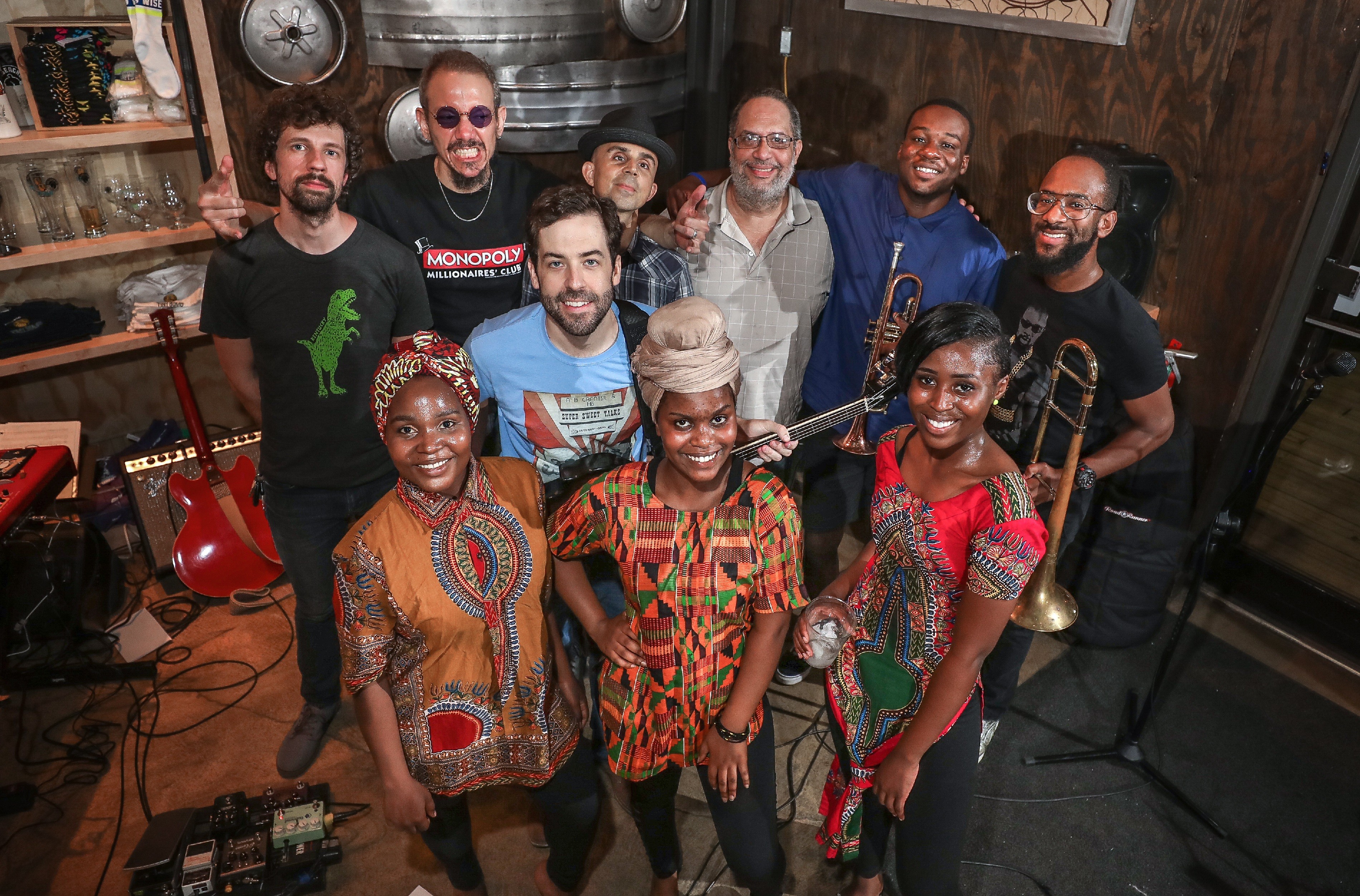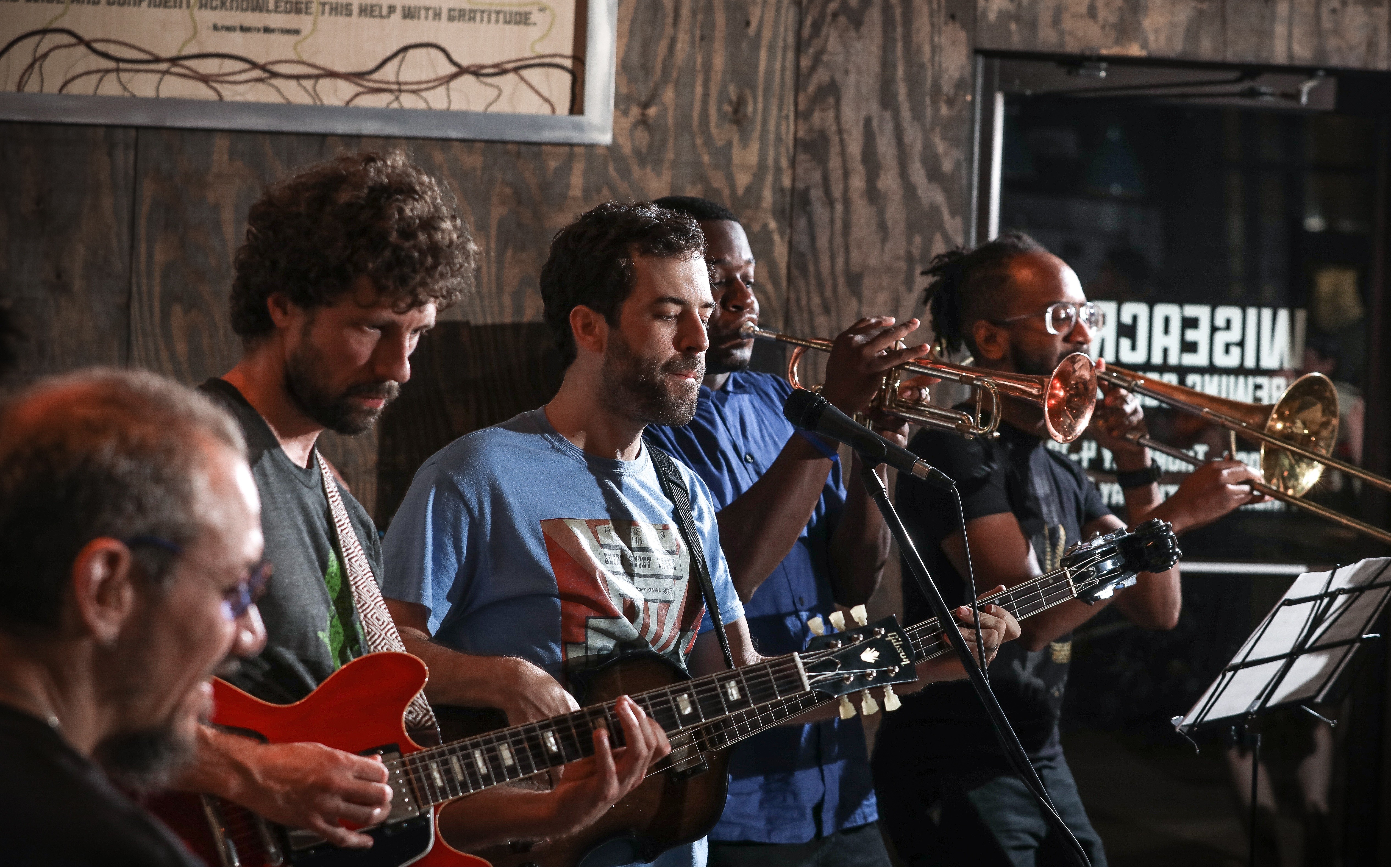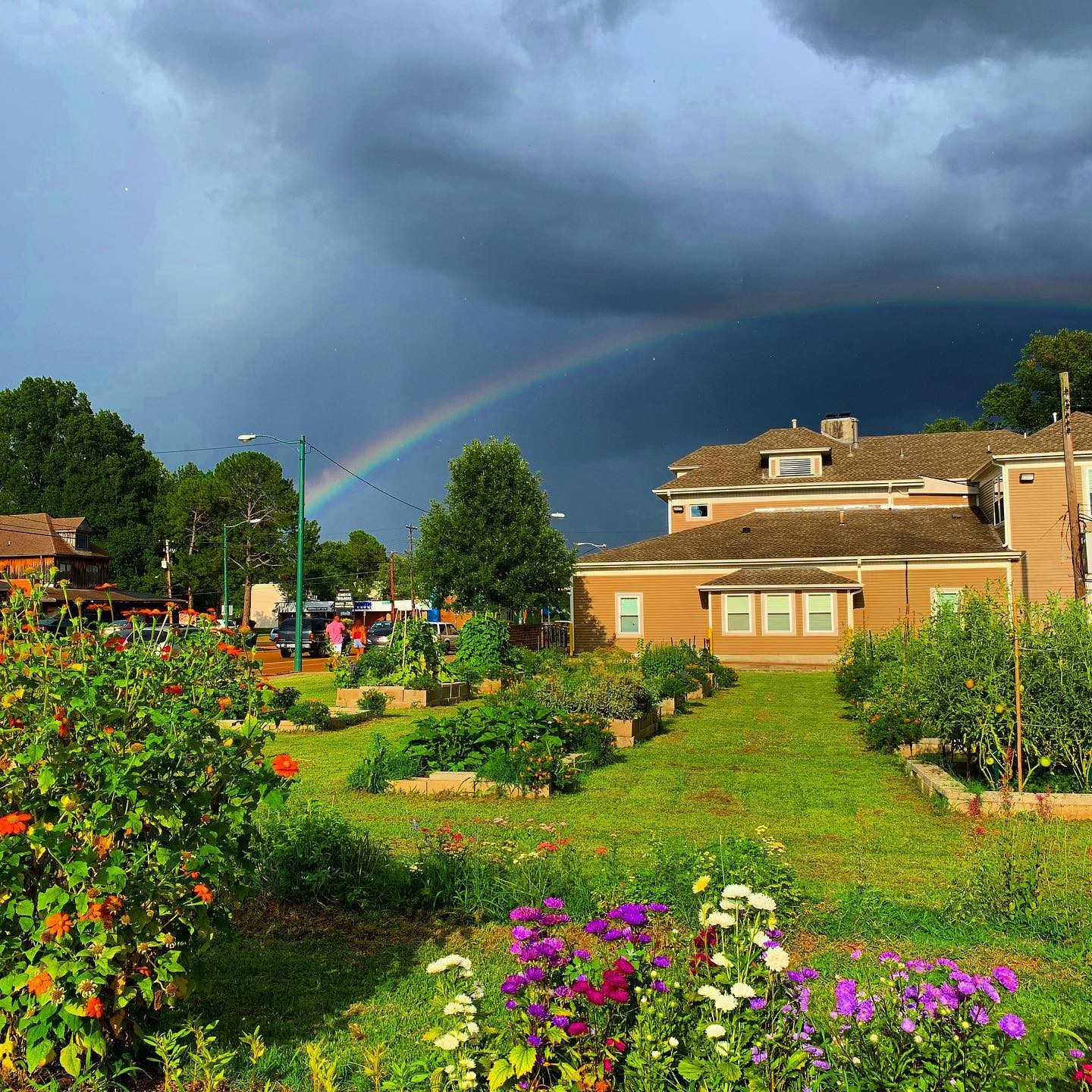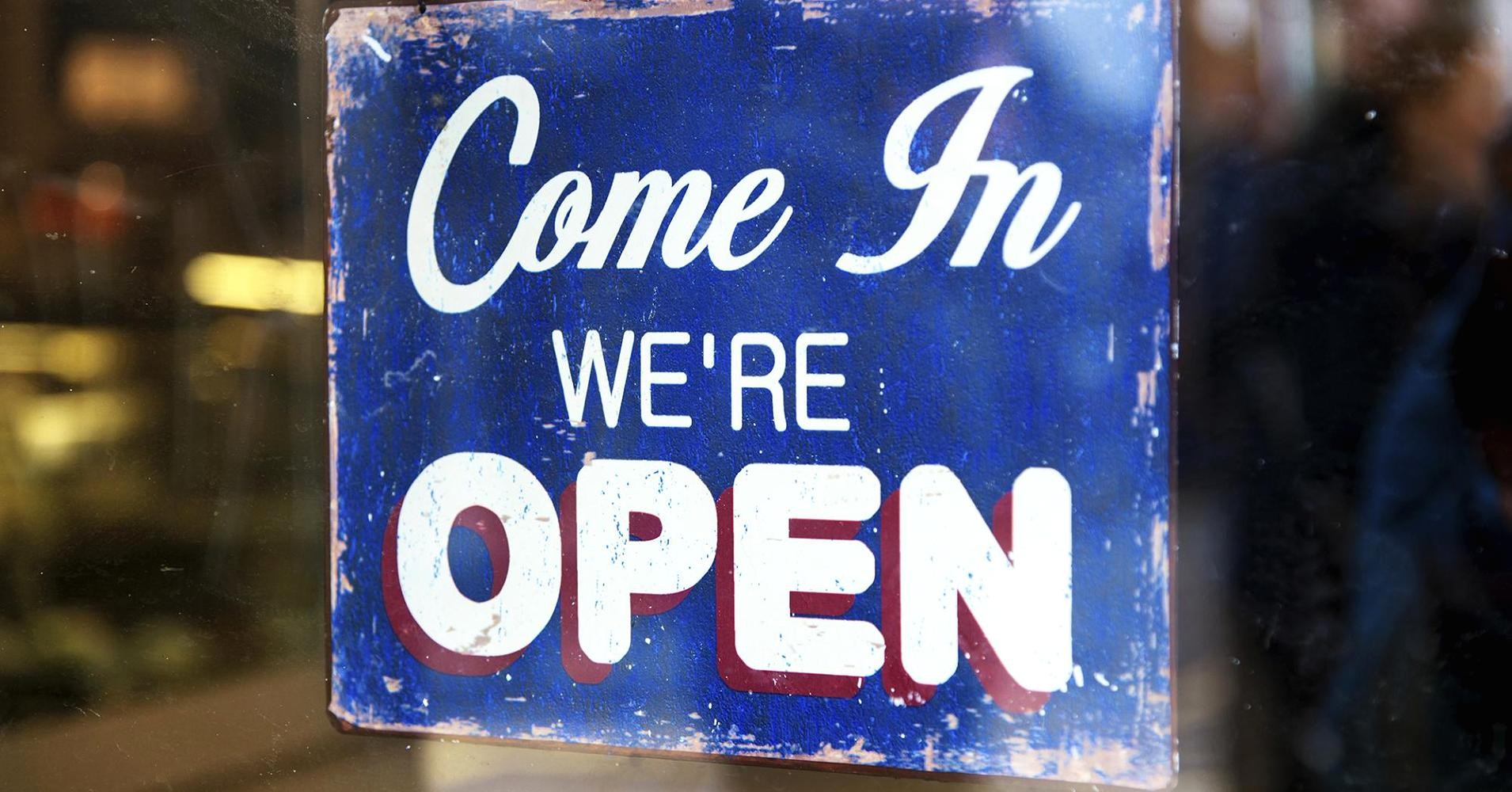 Jamie Harmon
Jamie Harmon
Obruni Dance Band & the Mama Africa Dancers
In Ghana, music and community go hand in hand. This is true wherever people gather to
listen to bands, of course, but the communal experience is especially crucial to the music of Africa, where all the players in an ensemble add small pieces to a groove, the sum being greater than its parts.
Which makes it especially apropos that the Obruni Dance Band, Memphis’ own specialists in the highlife music of Ghana, will be leading a celebration of community tomorrow afternoon, in the open air, with glorious fall weather in the forecast. And, dear to this old farmer’s heart, the community Obruni will be celebrating is based on breaking bread and beets. Not just beets, but tomatoes, peppers, onions, garlic, watermelon, greens and beans.
 Jamie Harmon
Jamie Harmon
(l-r), Gerald Stephens, Logan Hanna, Adam Holton, Jawaun Crawford, and Victor Sawyer in the Obruni Dance Band
Memphis is famous for its beats, but now its beets are stepping up as well, thanks to the efforts of the Community Table Garden. Started in 2014 in an effort to improve the quality of food available to Memphis’ most vulnerable neighbors, the Community Table Garden promotes people’s right to safe, healthy, clean food.
The garden is located on an empty lot on Madison Avenue owned by Huey’s. Beginning with eight raised beds and three rain barrels, they now have 15 raised beds, two in-ground plots, a greenhouse, and will be installing an irrigation system and a few fruit trees and berry bushes this fall and spring. Managed by Sarah Taylor, they operate solely on community support and volunteer work, with sponsorships from the Memphis Empty Bowls Project and Grace St. Luke’s Church. The gardens supply produce to the pantry at Grace St. Luke’s every week during the growing season.

Community Table Garden on Madison Avenue
Tomorrow’s celebration will raise funds for and awareness of the ongoing project. Chef Brown Burch will be joined by Spencer Coplan from Wok’n Memphis and Zach Nicholson from Lucky Cat Ramen in preparing an exquisite feast, along with more food from FINO’s, City Block Salumeria, and Payne’s BBQ.
The Produce Tribe, Whitton Farms, Tubby Creek Farms, and Rosecreek Farms are all supplying produce as well, and, last but not least, Mempops will supply its unique sweet delectables. Wiseacre Brewing Company, a favorite venue of the Obruni crew, is hosting, serving both beer and Long Road Cider.
Community Table Fall Garden Party, Wiseacre Brewing Co., Sunday, November 17, 1:00-4:00 pm. Get tickets here.
